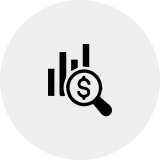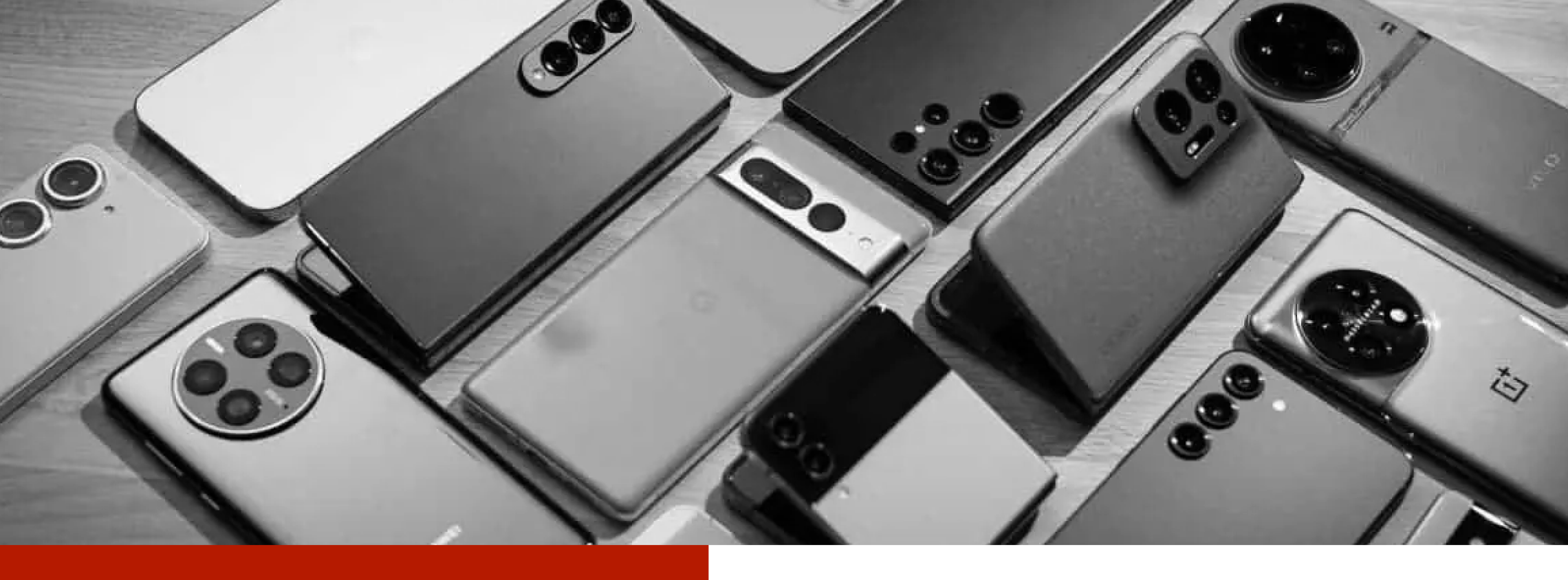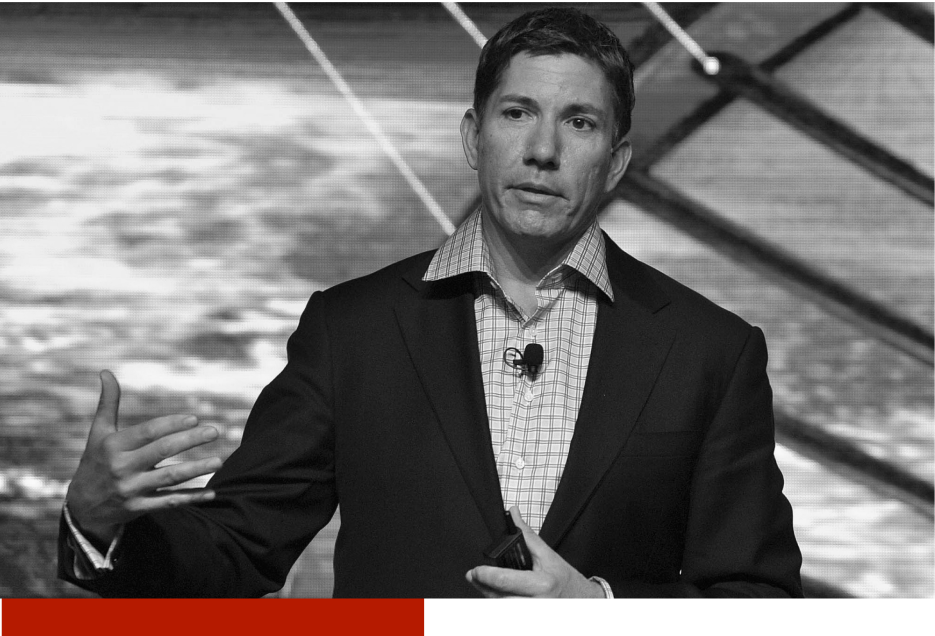The Big Data analytics market is projected to reach US$ 103 billion by 2027. This shows just what a behemoth volume of data is presently and continuously being generated and stored by business and government entities. Consequentially, this exponential growth in data collection has spurred an increase in privacy risks with top corporate leadership at the most vulnerable forefront.
In the whirlwind that is today’s technologically advanced corporate world, executive data protection has become the most vital element of safeguarding the safety and continuity of business integrity and leadership. And with emerging technologies such as AI taking charge of most digital operations, data protection is no longer as simple as locking a door.
As most businesses shift their operations to the cloud, a concerning trend is taking root—executives holding the keys to critical organizational assets are systematically targeted by well-orchestrated cyberattacks.
Why do attackers target executives?
As a C-suite leader, your role makes you the sweetest-scented flower to a swarm of cybercriminals who are just dying to get hold of your juicy data. You hold the most sensitive information in your organization and most likely have remote access to core company systems. Therefore you are not only responsible for protecting your own data but also your company’s sensitive information.
When an attacker targets you, they are most likely looking for:

Corporate secrets

Financial reports

Pricing strategies

Administrative controls

Competitive data

Critical, irreplaceable company
data
How protecting your personal data safeguards your company

You think data privacy protection is a headache reserved only for your IT staff? Not anymore. The buck now stops with you.
Today, data security and business safety are key executive responsibilities. Many Cybercriminals have come to the same logical conclusion; compromising your digital presence is the holy grail to outwitting your company’s security.
Recent reports revealed how cybercriminals breached executive Azure accounts, exploiting weaknesses in Multi-Factor Authentication (MFA) mechanisms. The onslaught was aimed at stealing sensitive data and financial assets from several organizations, and the threat actors seemingly directed their focus toward a wide spectrum of high-level executives including; Sales Directors, Account managers, Finance Managers, Presidents, and CEOs.
According to a report by IBM, the average cost of a data breach in 2023 hit a whopping US$4.45 million, a 15% increase over 3 years.
A data breach occurrence would not only drain your company’s coffers but also tarnish its reputation, eroding trust in the eyes of your customers.
You can now see how any vulnerability on your end could lead to operational disruptions, financial devastation, and even crippling destabilization for your company. Executives must now take ownership of their own data security if they are going to fortify the overall security of their organizations.
Now let’s discuss some aspects of your day-to-day digital presence that you probably didn’t know were susceptible to security risks.
1.
Smartphones your phone is listening in on you

Whether you own an Android device or Apple’s iOS-based iPhone, it’s more than likely that your smartphone is listening in on you. It’s no coincidence that you see weirdly specific ads that directly relate to a phone conversation you just had. And it’s not just calls, every app you’ve enabled microphone access is listening, not to mention AI assistants; the likes of Alexa, Siri, and their relations.
So every time you ask Alexa or Siri or Hey Google to play your favorite music or perform whatever task, know that you’re sharing data that can be collected, oftentimes for marketing purposes – but also susceptible to malicious snares
Should you be concerned about your phone listening in on you?
Ordinarily, your phone listening in on you and to you shouldn’t be too concerning. You could even find the resultant personalized advertisement refreshing. But you see, as an executive, the sensitivity of your position makes your data far from ordinary. And you shouldn’t be comfortable just availing your data to entities who would use it as they see fit.
How can you stop your phone from listening in on you?
The first, and most effective approach is to disable virtual assistants and all microphone access granted across applications including social media accounts.
To further protect your privacy on your mobile devices, consider implementing the following tips;
- Only install verified apps downloaded from official stores.
- Review app permission to determine which app has access to what information.
- Update your software regularly to stay ahead of cybercriminals seeking to exploit security vulnerabilities.
- Use a VPN such as Norton Secure VPN to reinforce your privacy protection.
2.
Physical security
We often forget the most essential security measure – physically securing our mobile devices. Leaving your phone unattended or losing it to theft could lead to unscrupulous tempering of your information especially if your phone isn’t secured with a PIN code, pattern, or biometric check.
Your best defense?
At minimum, implement an efficient lockdown security such as a strong password or biometric so your data and accounts can’t be easily accessed.

Another security risk you would like to consider is avoiding open and unsecured Wi-Fi hotspots. Logging into an open Wi-Fi would leave your handset or PC susceptible to Man-in-The-Middle (MiTM) attacks.
You could encounter “honeypot” Wi-Fi hotspots. These are open Wi-Fi hotspots created by cybercriminals, disguised as legitimate and free Wi-Fi, for the sole purpose of performing MiTM attacks.
Is ‘Above phone’ the new tool to protect your personal data and privacy?

I recently came upon ‘Above Phone’ an intriguing new tech providing private, secure phones that use open-source, privacy-focused software. The phones are suited with encrypted voice calls, video calls, text messaging, email, video conferencing, VPN, and a decentralized search engine. According to the ‘Above Phone’ website, once you’ve bought the phone, all you have to do is fire it up and you will have a decentralized search engine ready to go.
By reducing over-reliance on big-tech databases, it’s no surprise that more and more executives are turning to ‘Above Phone’ to protect their data and privacy.
Above Phone protects you against:
- Operating System tracking
- App tracking
- Cellular attacks
- Internet Traffic Surveillance
- Communications surveillance
To wrap up

“Privacy is not an option, and it shouldn’t be the price we accept for just getting on the Internet.”
Gary Kovacs
CEO of Accela Search Results
With executive-targeted cybercrimes being rife, corporate leaders must prioritize rigorous defense measures and cultivate a culture of data security and privacy awareness.
The stakes are so high that beyond your personal privacy concerns, executives must also set the tone and priorities that guide the whole organization in this effort to manage sensitive data for maximum value and minimal business risk.





